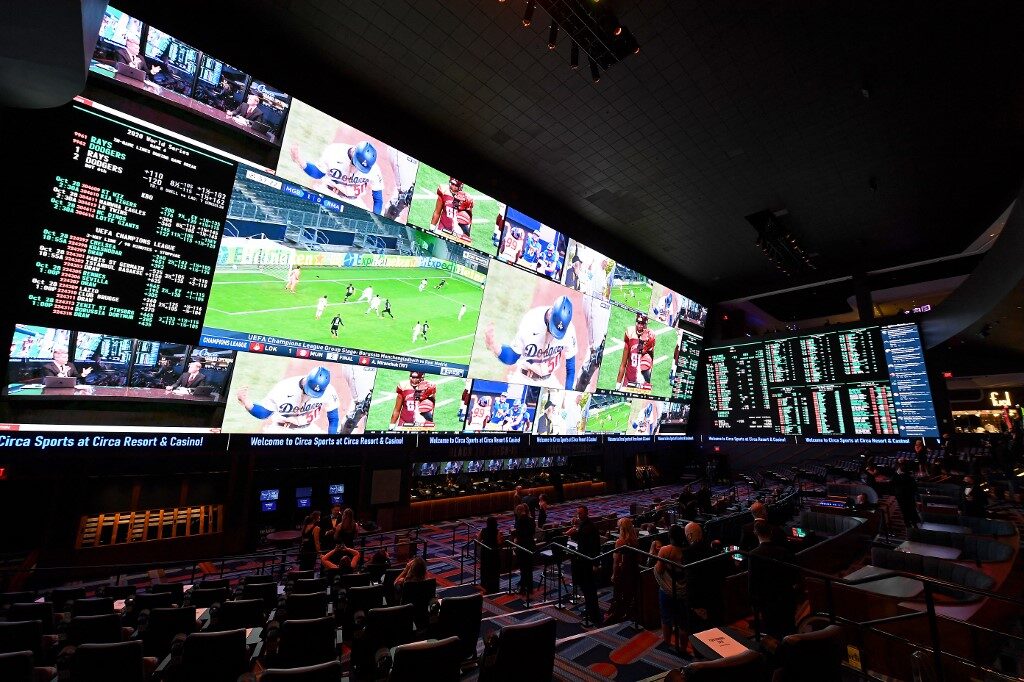The Administrative Court of Breda found the Dutch casino monopoly contrary to article 49 (freedom to provide services) of the EC Treaty.
The Breda Court ruled that the Dutch gambling monopoly is not effective and there is no specific evidence as to substantiate that the restrictive casino legislation is coherent and consistent.
Despite EC Member States in principle do enjoy a wide margin of discretion as to how to regulate their gaming markets, the restrictions need to be coherent, consistent and justified by overriding principles of general interest, such as fraud prevention and player protection.
In the case at hand, the Court abrogated the State\’s administrative decisions to reject a license to operate a land-based casino submitted by a joint venture between the French casino group Tranchant and the Dutch gaming company Orion Gaming. The Court also ordered the State to fully reassess its decision.
The decision of the Breda Court can be considered a landmark ruling which will affect all the pending Dutch civil and administrative litigation on the legality of cross border internet betting as well as on the proceedings regarding the discriminatory allocation mechanisms of (exclusive) Dutch gaming licenses initiated by various UK betting operators.
Further to that, the recent proposal of law by the Dutch Ministry of Justice, to modify the Dutch Gaming Act of 1964 and grant the Dutch casino monopoly exclusive rights to operate internet games of chance, received some serious critique from the European Commission , which suggested that the proposed Dutch internet gaming monopoly is disproportionate.













